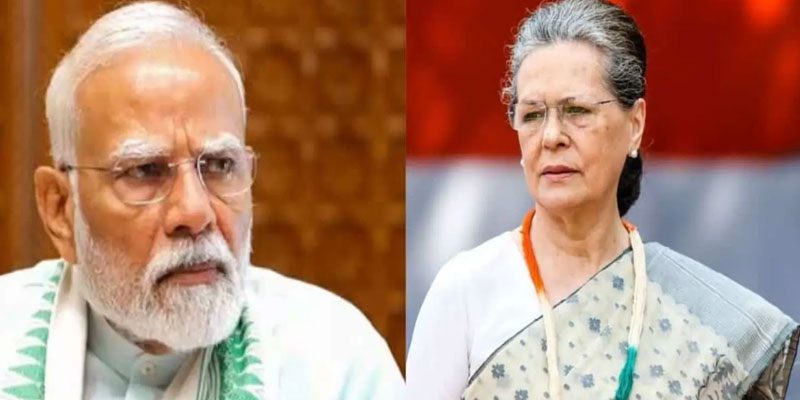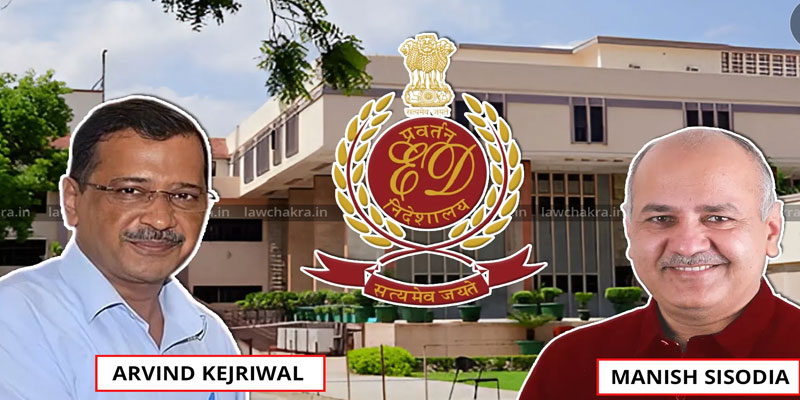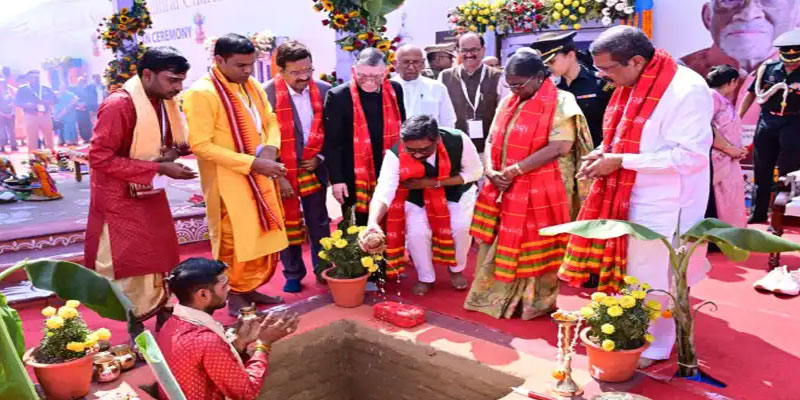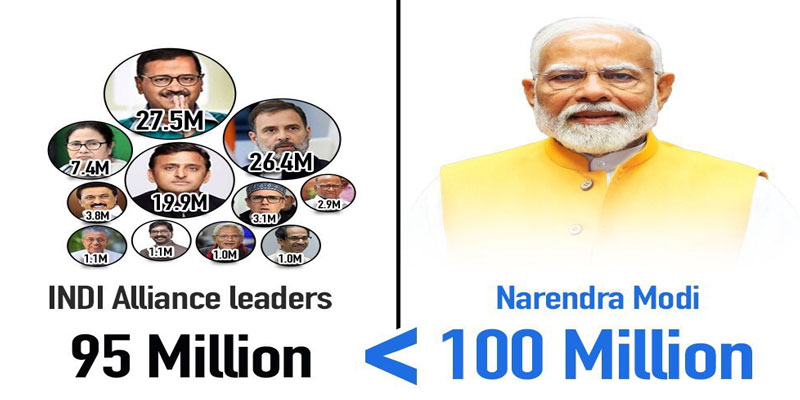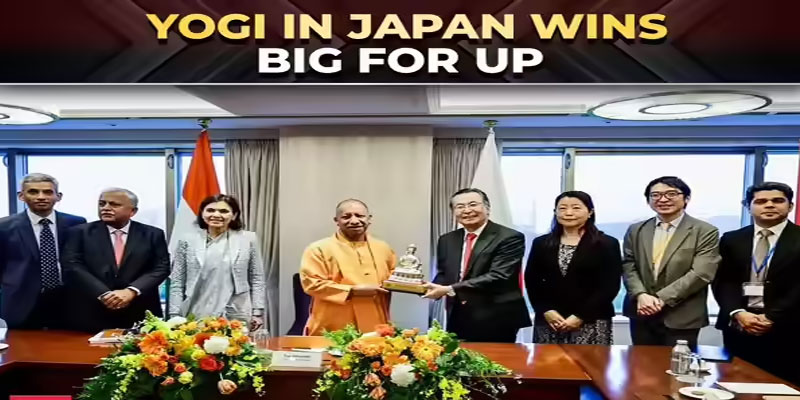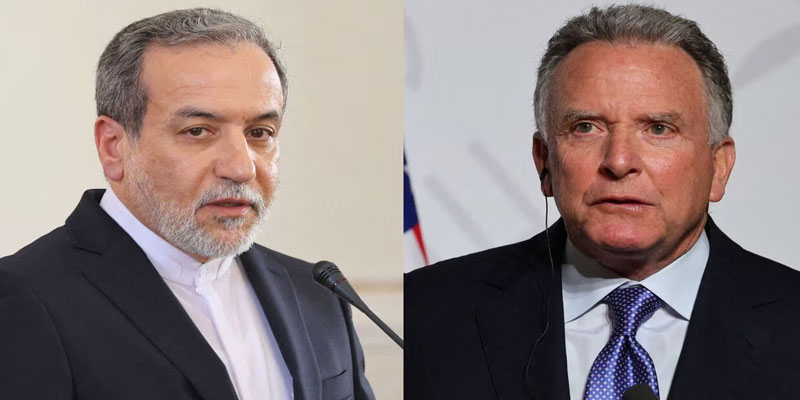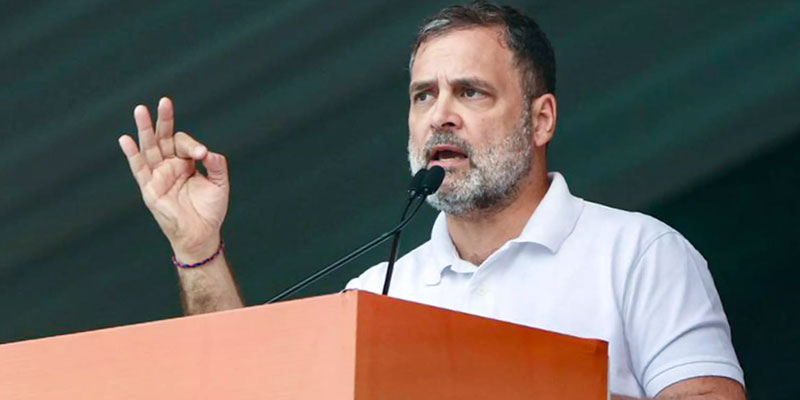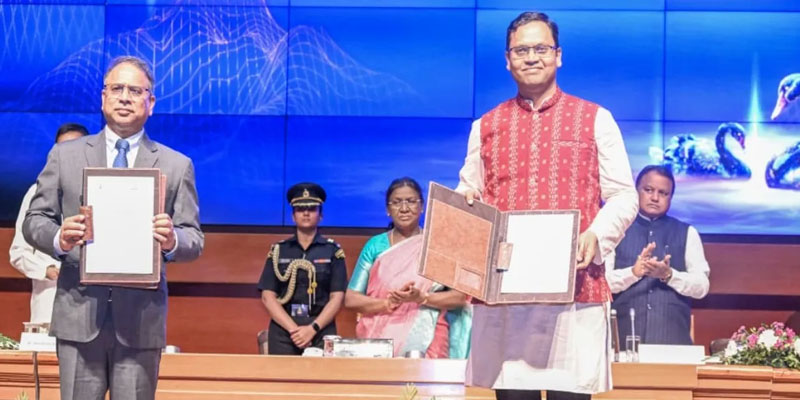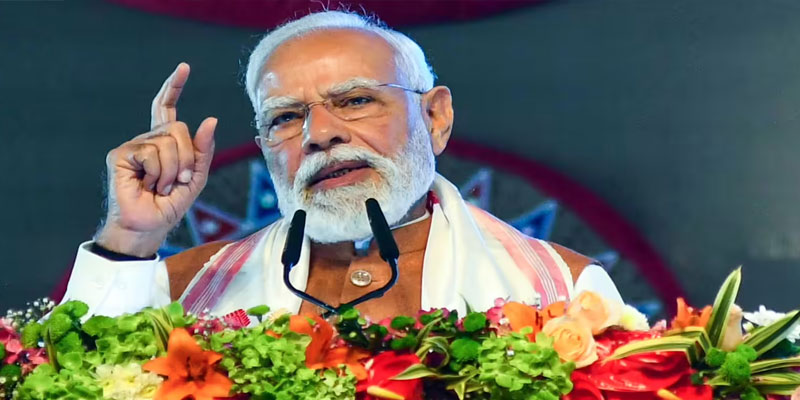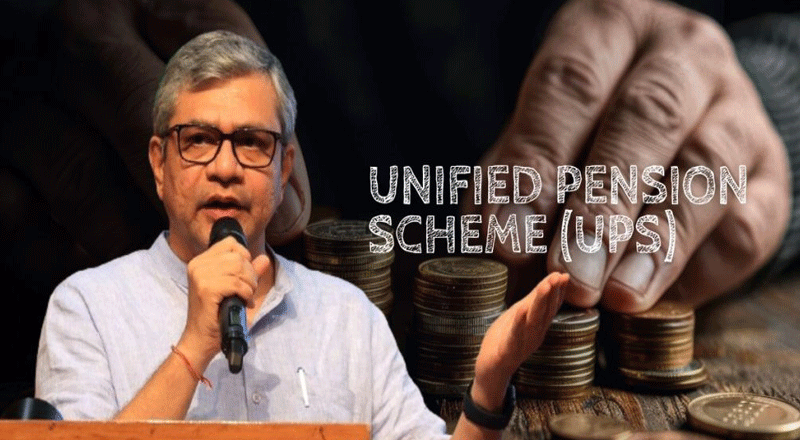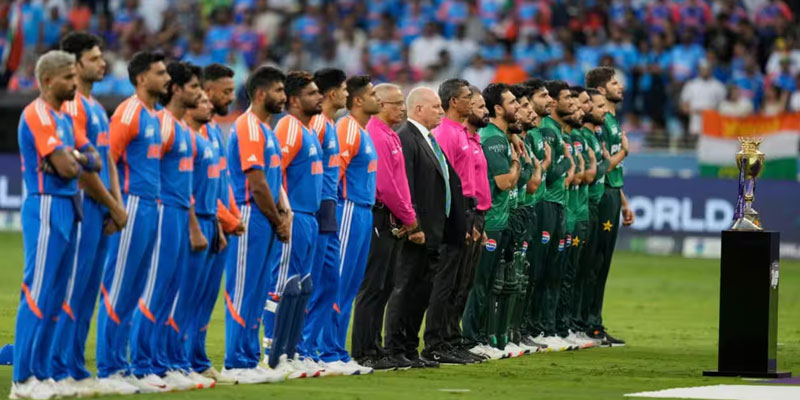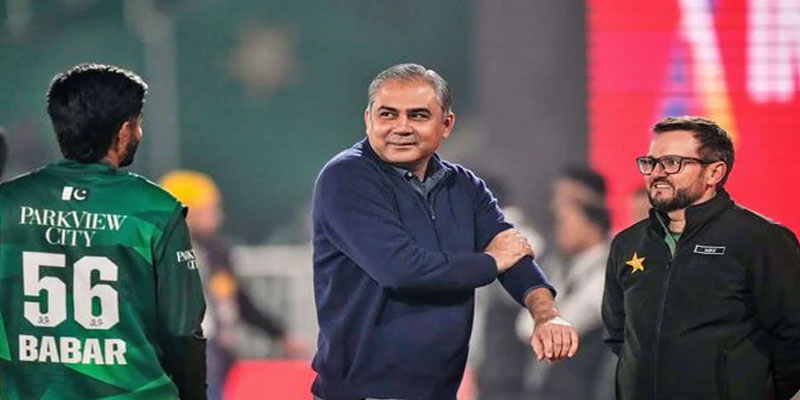Understanding India’s Parliamentary Sessions
The Indian Parliament functions through three main sessions each year: the Budget Session (February to May), the Monsoon Session (July to September), and the Winter Session (November to December). While the President of India summons Parliament on the government’s advice, the gap between two sessions cannot exceed six months, ensuring regular legislative oversight.
Each session is a crucial platform for law making, political debate, and national scrutiny. Among these, the Monsoon Session often witnesses high-voltage discussions, especially after significant developments during Parliament’s summer recess. The 2025 Monsoon Session promises to be no different.
Monsoon Session 2025: Dates and Details
On Wednesday, the Ministry of Parliamentary Affairs officially announced that the Monsoon Session of Parliament will take place from July 21 to August 21, 2025. Parliamentary Affairs Minister Kiren Rijiju confirmed that the President of India has approved the summoning of both the Lok Sabha and Rajya Sabha during this period.
There will be no sittings on August 13 and 14, owing to enhanced security arrangements and logistical preparations for Independence Day on August 15.
Op Sindoor Expected to Dominate Discussions
This will be the first session of Parliament since Operation Sindoor, India’s military response to the April 22 Pahalgam terror attack, which killed 26 people. Launched on May 7, the operation involved precision strikes on nine terror sites across Pakistan and Pakistan-occupied Kashmir, and has since sparked intense debate across the political spectrum.
Opposition parties have already demanded an early special session to discuss the strategic, humanitarian, and diplomatic implications of Operation Sindoor. With the government standing firm on its national security narrative, the Monsoon Session is expected to witness sharp exchanges and possible disruptions, especially as the Opposition presses for greater transparency and debate on the matter.
Other Issues on the Agenda
In addition to Operation Sindoor, another contentious issue expected to generate heated debate is the Delhi High Court judge cash seizure case. The episode has drawn scrutiny over judicial accountability, political interference, and institutional ethics — themes that Opposition parties are likely to raise vocally.
The session may also see bills on national security, digital surveillance, and electoral reforms, although the government has yet to release a formal legislative agenda.
Context from Previous Sessions
The Budget Session earlier this year ran from January 31 to April 4, ending with both Houses being adjourned sine die. That session focused largely on fiscal planning and pre-election groundwork. Since then, national focus has shifted dramatically to security concerns following the Pahalgam incident and India’s assertive military response.
A Crucial Session for Parliament and the Nation
The upcoming Monsoon Session of Parliament will be a test of both political accountability and democratic resilience. With Operation Sindoor at the center and other controversies brewing, this session offers an important opportunity for Parliament to engage in meaningful dialogue and policy direction.
As India approaches Independence Day, the tone and outcome of this session will likely influence public sentiment and shape the political narrative for the months ahead. Whether through bipartisan discussion or polarised debate, the Monsoon Session is poised to reflect the urgency and gravity of India’s current moment.
(With agency inputs)



